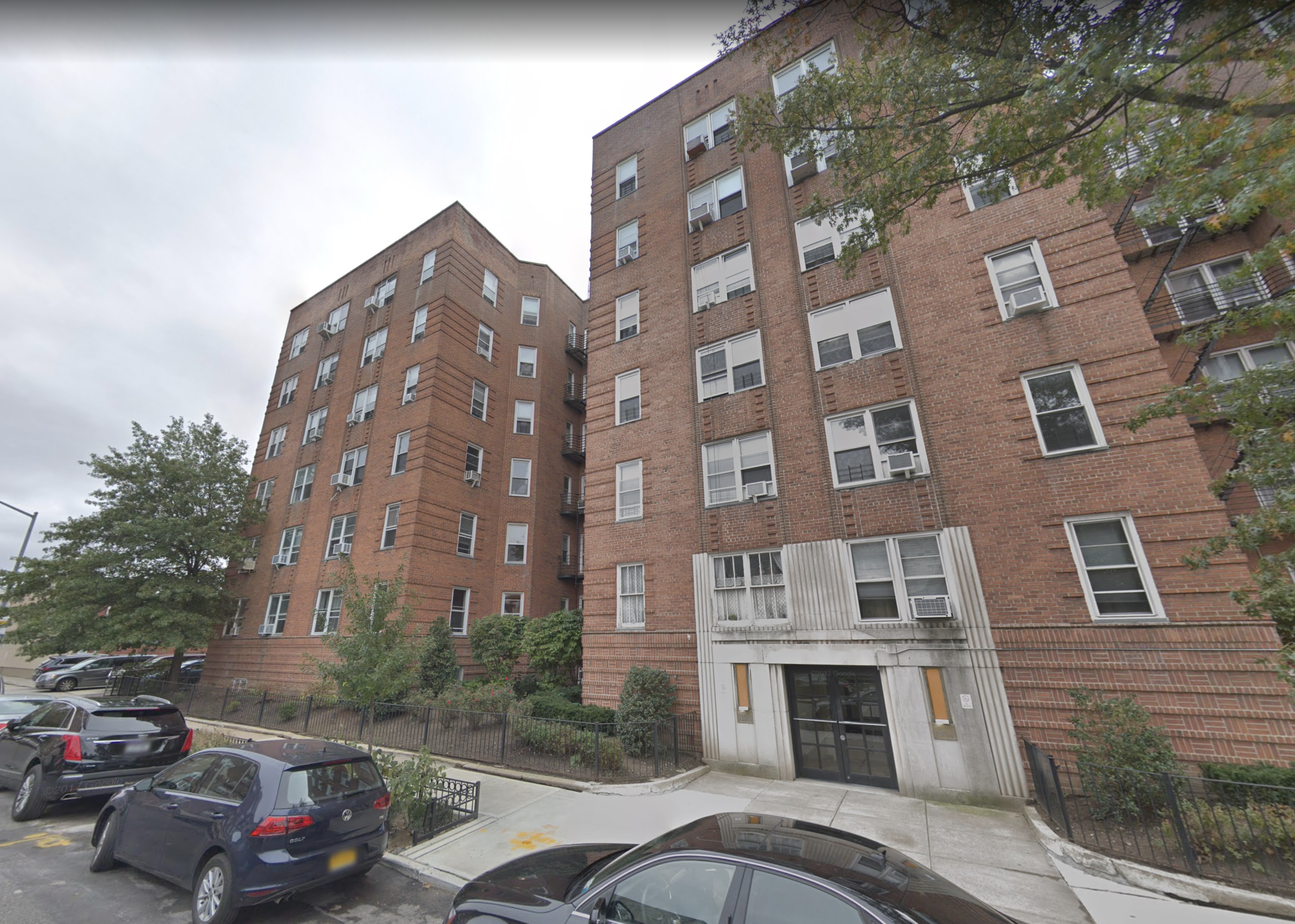Lawsuit against Forest Hills landlord granted class status by Queens judge
/Tenants who lived at an apartment complex at 111-32 76th Ave. in Forest Hills are eligible to become plaintiffs in a class action lawsuit against the LLC that owns the property and allegedly violated rent stabilization laws. Photo via Google Maps.
By David Brand
A ruling in Queens Supreme Court has opened the door for dozens of past and present rent-stabilized tenants of a Forest Hills apartment complex to sue the landlord for allegedly overcharging them by hundreds of thousands of dollars.
Justice Timothy Dufficy granted class certification on Aug. 23 to a lawsuit filed on behalf of tenants of 111-32 76th Ave. against the company that owns the building, 111-32 76th Ave. LLC.
The complaint alleging “a fraudulent scheme to evade the rent stabilization laws” was filed by the law firm Newman Ferrara in May 2018 after the tenants rights organization Housing Rights Initiative found that the building owners allegedly destabilized rent stabilized units while collecting tax incentives J-51 program.
To qualify for the J-51 property tax abatement, landlords must maintain rent-regulated apartments while they renovate the building.
The original lawsuit was filed on behalf of four tenants, but can now include more than 40 based on the class status, HRI said. Tenants who left the building after May 29, 2014 or who moved in after the J-51 benefit expired will be eligible to become plaintiffs, HRI added.
The suit alleged that the landlord failed to provide tenants with rent-stabilized leases and did not properly register the apartments with state Division of Housing and Community Renewal. The landlord also allegedly increased “rents beyond the limits set forth by the” Rent Guidelines Board and “improperly declar[ed] the apartments deregulated due to ‘High Rent Vacancy,’” according to the complaint.
“For too long this landlord flew under the radar and thought it was impervious to suit and free to violate the rent laws with wild abandon,” said attorney Lucas Ferrara.
The landlords’ actions reflect a trend among property owners who try to illegally raise rents by destabilizing their units, said HRI Executive Director Aaron Carr.
“It’s time for New York State to have a serious conversation about the enforcement of our rent stabilization system,” Carr said. “The customary indifference to fraud is beyond comprehension and belief.”
The defendant’s attorney from the firm Rosenberg and Estis did not immediately respond to a request for comment.




